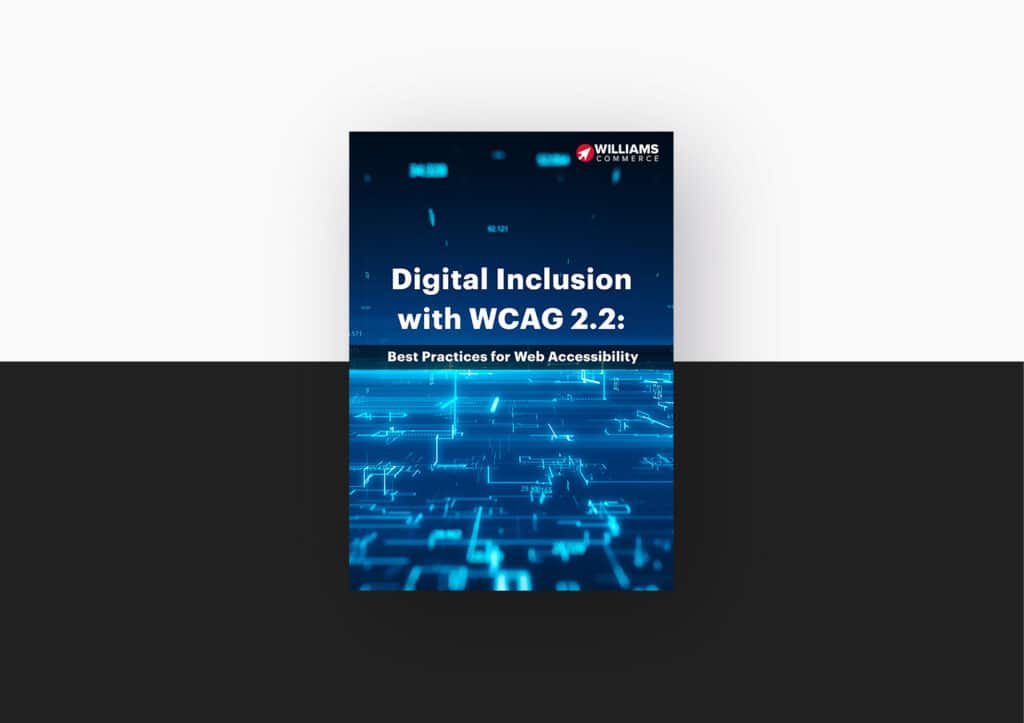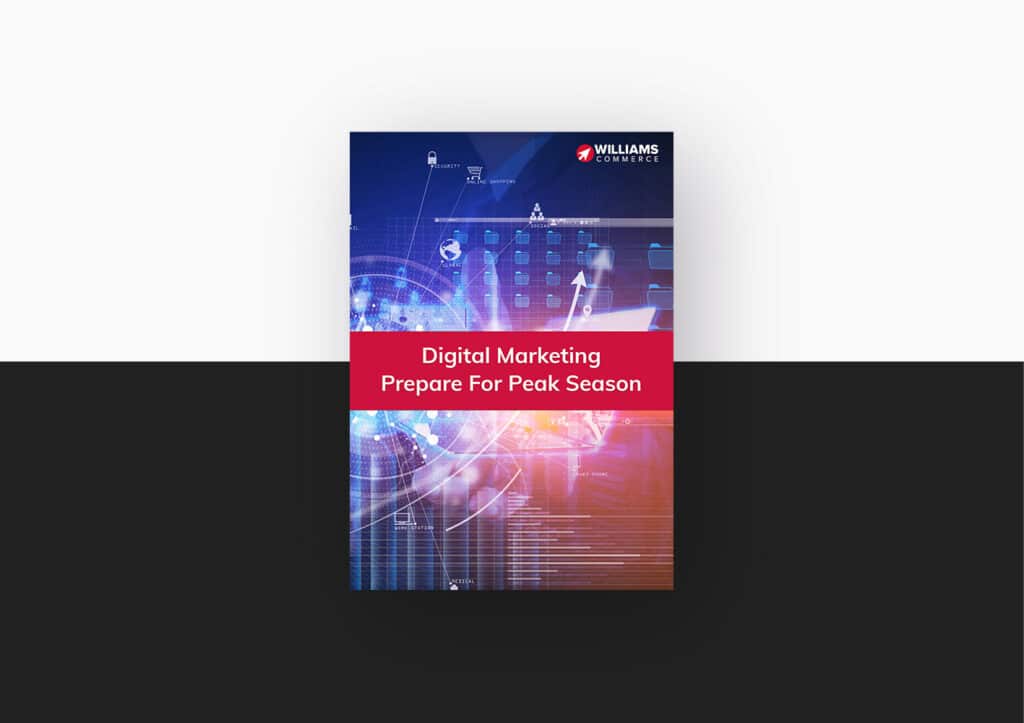After organizations around the world turned to online sales during the pandemic the business to business (B2B) ecommerce landscape looks very different.
Increased customer expectations mean that easy self-service portals supporting around the clock sales from desktops or mobile devices are now essential business tools.
Reassuringly many of the leading B2B ecommerce platform providers are embracing these expectations with improved features and functions for displaying, buying, paying, and tracking sales.
However, with disruptive companies unleashing the power of the cloud, mobile, social media, and artificial intelligence your customers have more choices than ever before. Enhanced experiences with personalization, added value content, and dynamic engagement are driving change at an unprecedented pace.
B2B ecommerce priorities
Issues concerning cybercrime and fraud rose dramatically at the beginning of the pandemic, so security and privacy are high priorities for both sellers and buyers.
A modern ecommerce solution that meets these requirements can also make your operations more transparent and efficient. Automated shipping, tracking, and auditing will minimize errors caused by manual data entry, streamline processes, and improve security while putting accurate business information at your fingertips.
At the same time your staff can focus on more valuable activities to improve your customers’ experiences and build loyalty.

Changing customer expectations
A preference for digital – research by McKinsey showed how important digital channels became during the pandemic. While lockdowns demanded alternative sales channels to meet customer needs buyers soon realized the benefits of digital self-service options.
Since millennials are now playing a leading role in B2B purchasing decisions and, in many cases, are the sole decision maker, their digital-first approach is also an important consideration. They are likely to turn to social media and prefer video content to find out about your products. They also want to know more about the social and environmental policies of their suppliers.
As a result of these shifts, B2B companies must now redefine their customer engagement strategies.
Maintaining supply – supply chain disruption also highlighted the need for the streamlined, flexible, and agile processes that can be achieved when ecommerce becomes a central business function. Inventory management is more complicated when you embrace multichannel sales to be sure you can maintain the correct stock levels and can manage warehousing and fulfillment effectively.
Bespoke promotions – with an effective ecommerce platform, you can collect valuable business data in near real time, allowing you to create data-led services and products. For your repeat customers, artificial intelligence (AI) can help them find the right products at the right time, based on their previous buying history and search behavior, for example. This can allow you to create relevant and specific offers and promotions for each of your customers.
B2C and B2B crossover – many buyers are looking for B2B purchasing features that are familiar to them from their personal (B2C) shopping. This can include all aspects of their user experience (UX) such as high quality design, visual merchandizing, and easy navigation. The whole user journey must be clear and easy on any device – all the way from discovery to purchasing and tracking. However, your buyers will also expect high quality in-person customer service with reliable advice and flexibility to make changes to their orders.
Optimizing for online research – the B2B buying process is complex and your customers are likely to make a dozen online searches before choosing their preferred supplier. The figures for online research, evaluation, ordering, and reordering have all increased dramatically.
You will need to do everything you can to gain an edge on your competitors by using the latest and best search engine optimization (SEO) and AI techniques to make sure you will be discovered online and will deliver fast and relevant results once visitors arrive at your site.
Personalization – your buyers will expect personalized experiences from their product catalog to their pricing options. Two thirds of them expect you to understand their needs and to provide connected journeys across your departments, along with the ability to use multiple channels and to switch between them. Most importantly of all, they expect to be treated as people and not account numbers.
M-commerce – as well as comparing your product with competitors, your buyers are also comparing their purchasing experiences. Research into how mobile is affecting B2B organizations shows that it’s influencing more than 40% of revenue in leading B2B organizations.
Seven out of 10 B2B searches are likely to be made on smartphones, not just by millennials but by all B2B buyers. Nine out of 10 say they will be more likely to buy again from suppliers delivering a good mobile purchasing experience. Added as an option to your existing online and offline sales channels, m-commerce can increase customer loyalty and lifetime value.
Payment options – payment technology has developed rapidly in response to increased demand, including new types of B2B financing. Accounts receivable processes need to be updated, moving away from paper invoices to new ways of accepting payment. As online transactions become available to many more buyers, changes will be needed to fees, payment speed, processing, and transaction visibility. Seamless processes will be needed to move money and data quickly and safely.
Marketplaces – during the pandemic many businesses turning to ecommerce for the first time didn’t have the infrastructure to manage online traffic and fulfillment, so they chose mass marketplaces like Amazon and Alibaba to meet demand. More product searches now start on Amazon than on Google, so including relevant marketplaces in your digital strategy will be important.
Stay ahead of the B2B ecommerce curve
Since 2009, Williams Commerce has helped hundreds of customers grow online. We offer consulting, digital marketing, project delivery, software engineering, hosting and support across the world’s leading commerce platforms. Our global delivery teams have extensive experience in the manufacturing, wholesale, and distribution sectors.
To meet your customer’s ecommerce expectations, speak with one of our experts today.



